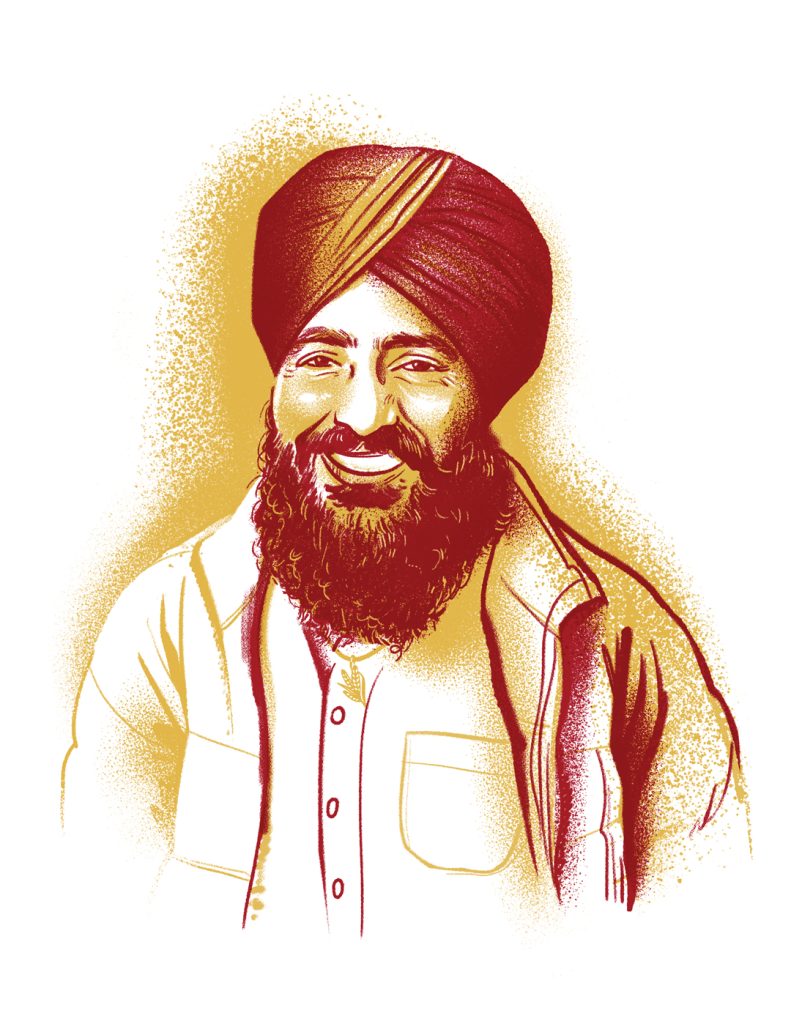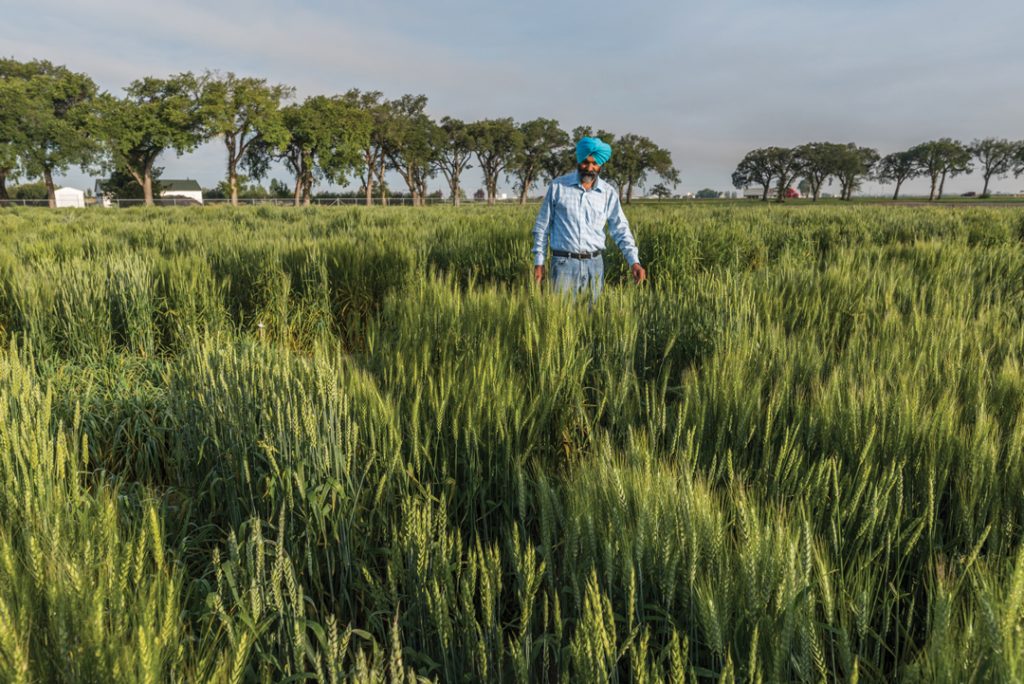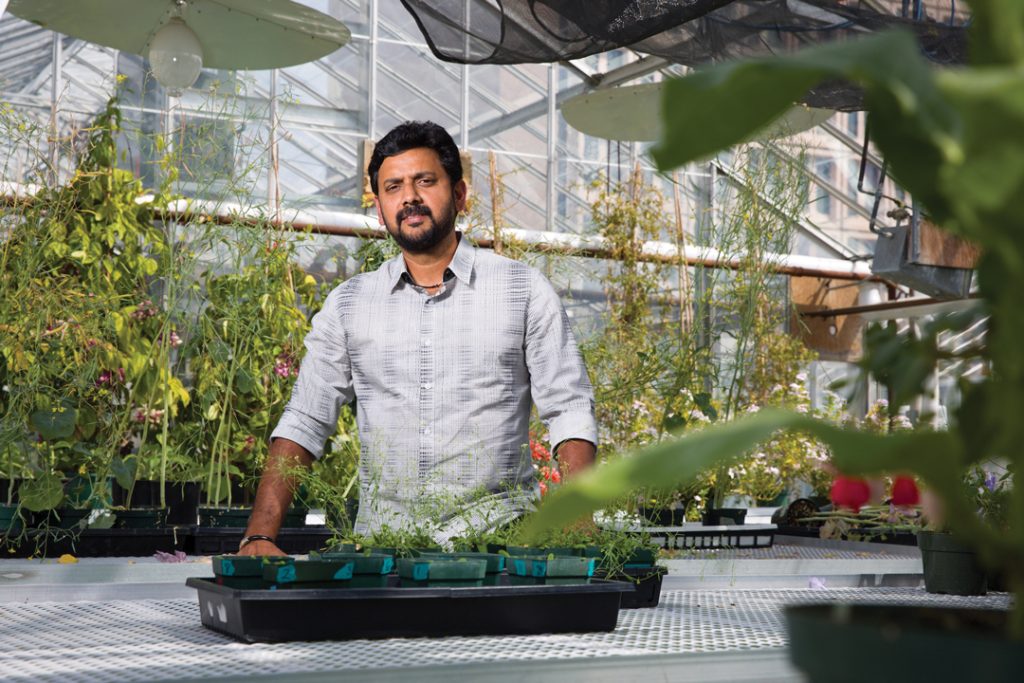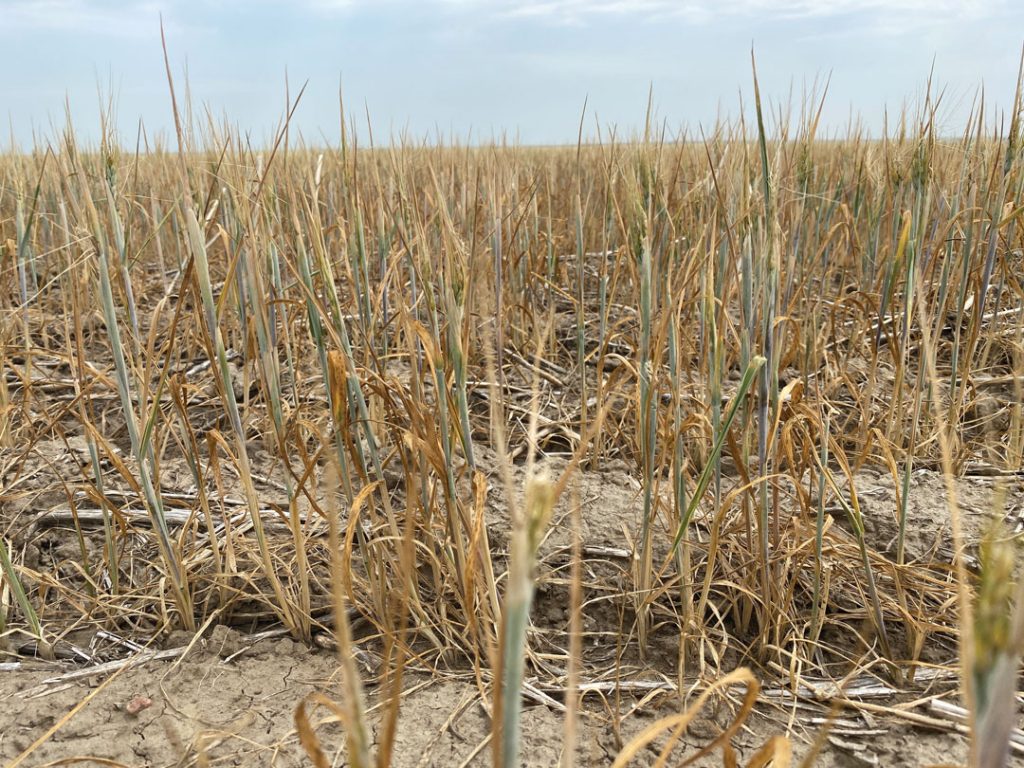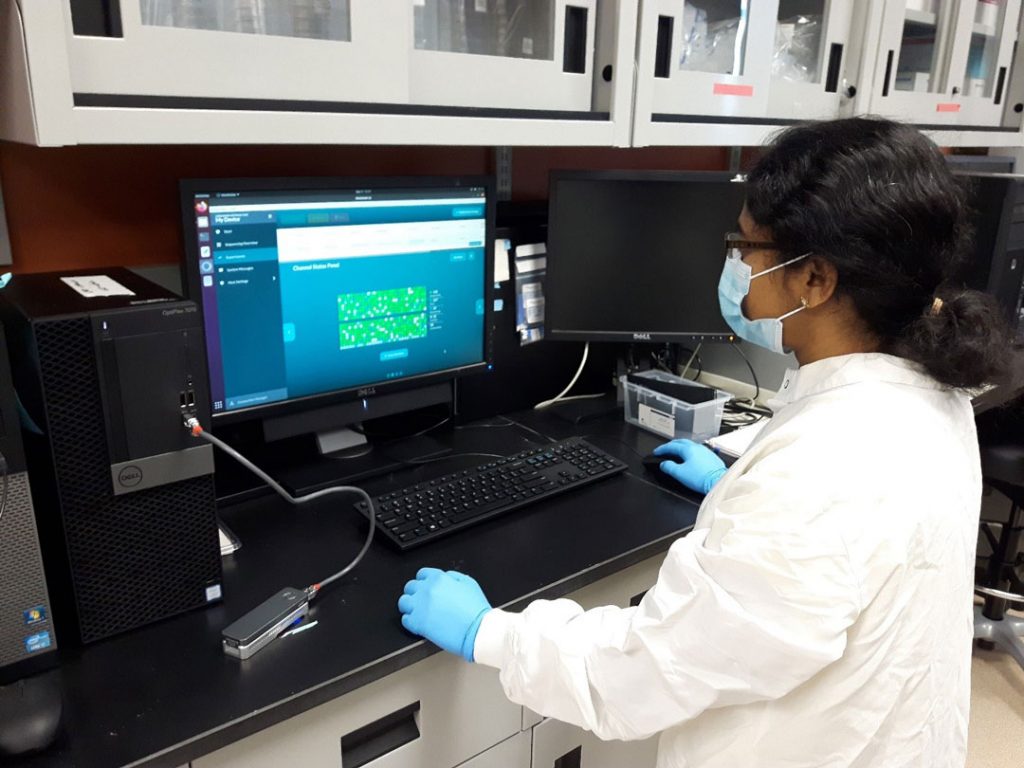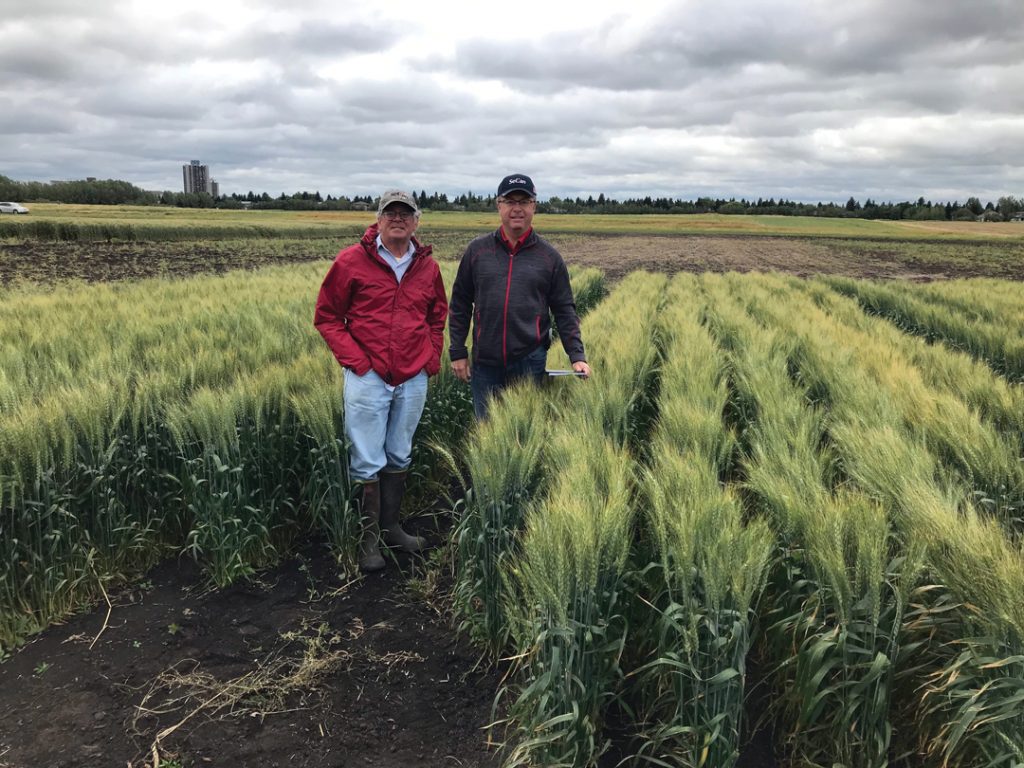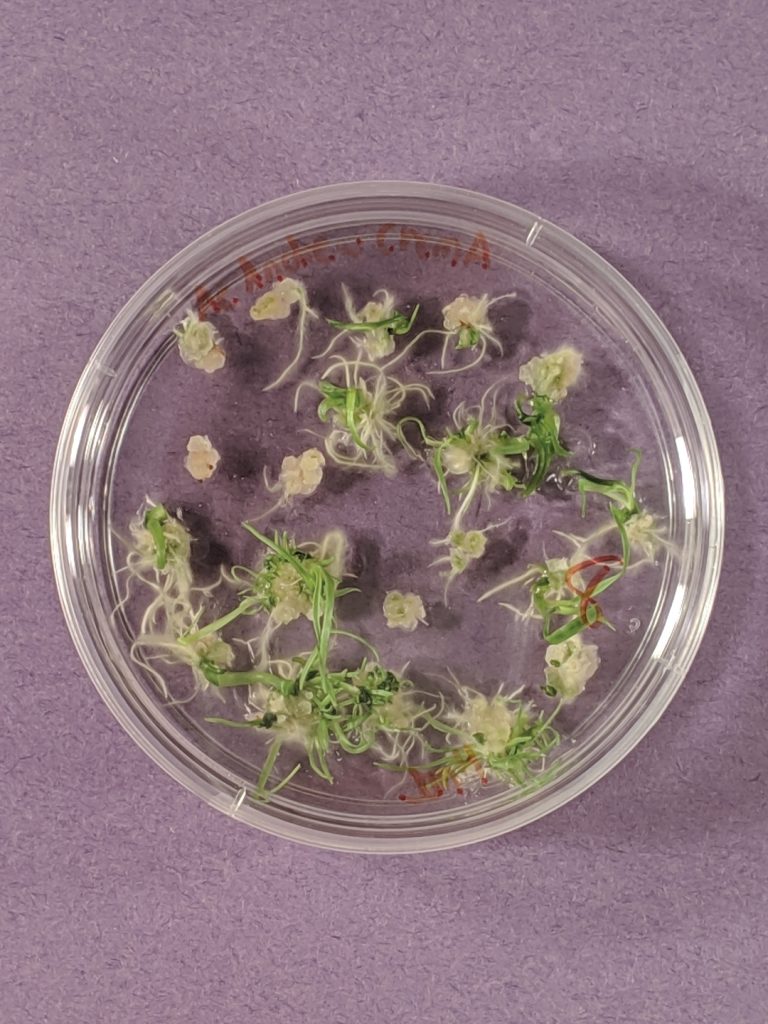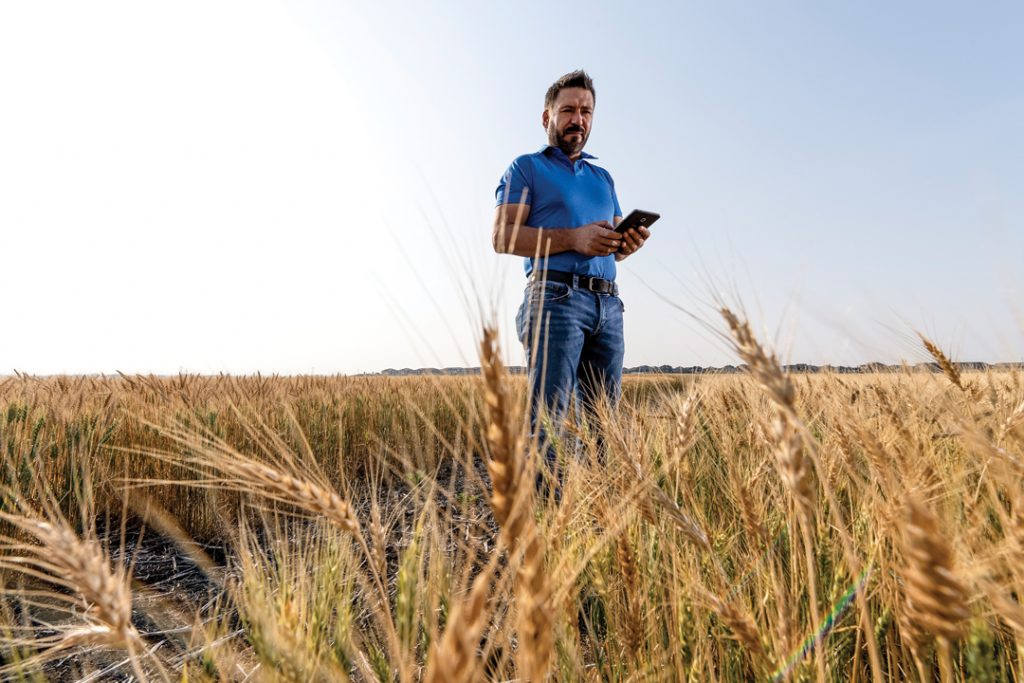EXPANDED CROP OPTIONS
Five new wheat varieties developed by LimaGrain Cereals Research Canada (LCRC) have been licensed to distributors this year following recommendation by the Prairie Grain Development Committee. Established in 2015, the private wheat breeder is a partnership between two farmer-owned co-operatives, France’s Limagrain and Canada’s Canterra Seeds. The variety recommendations represent a major success for the organization, which has marketed just four wheat varieties since its formation, including CS Accelerate and CS Daybreak.





